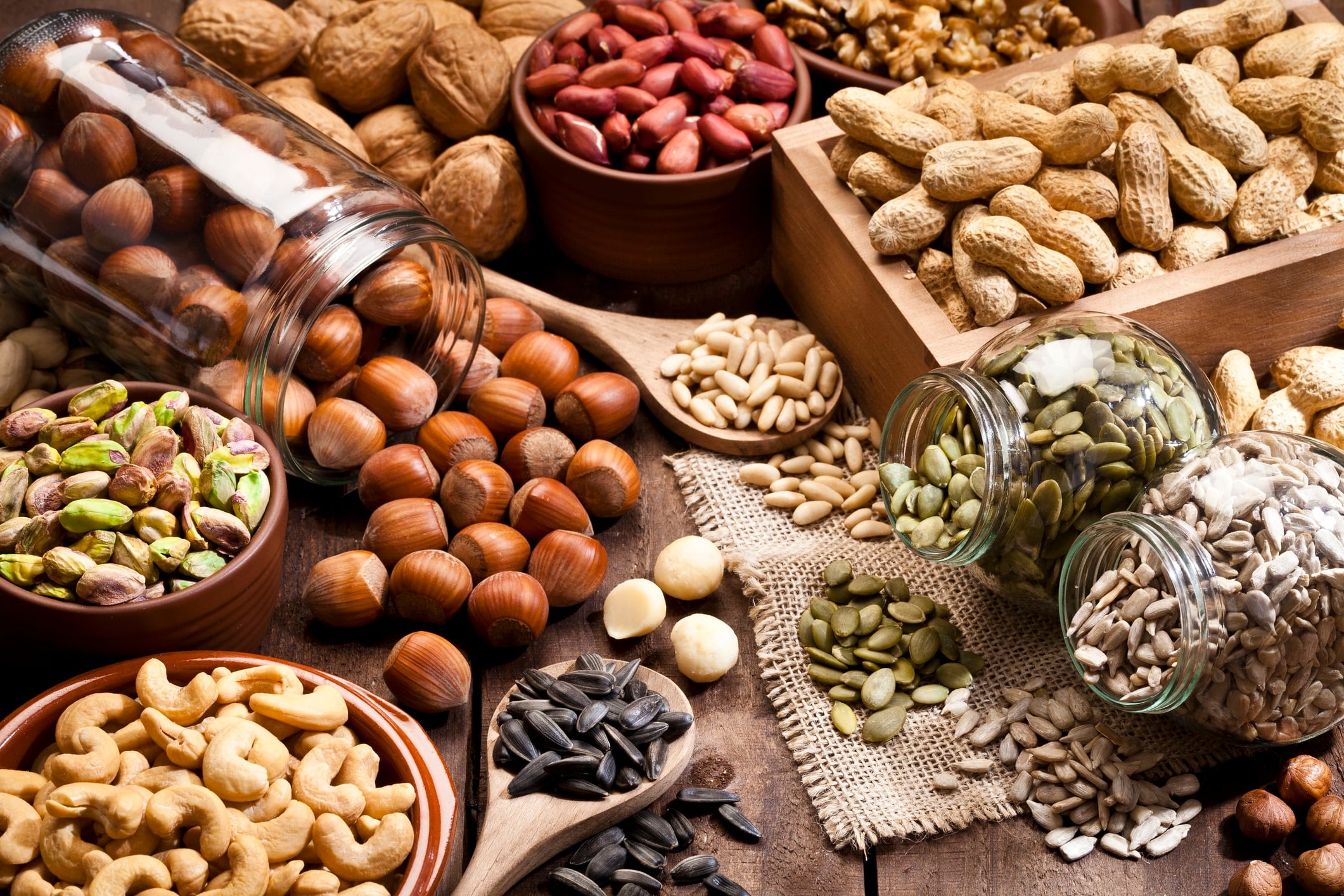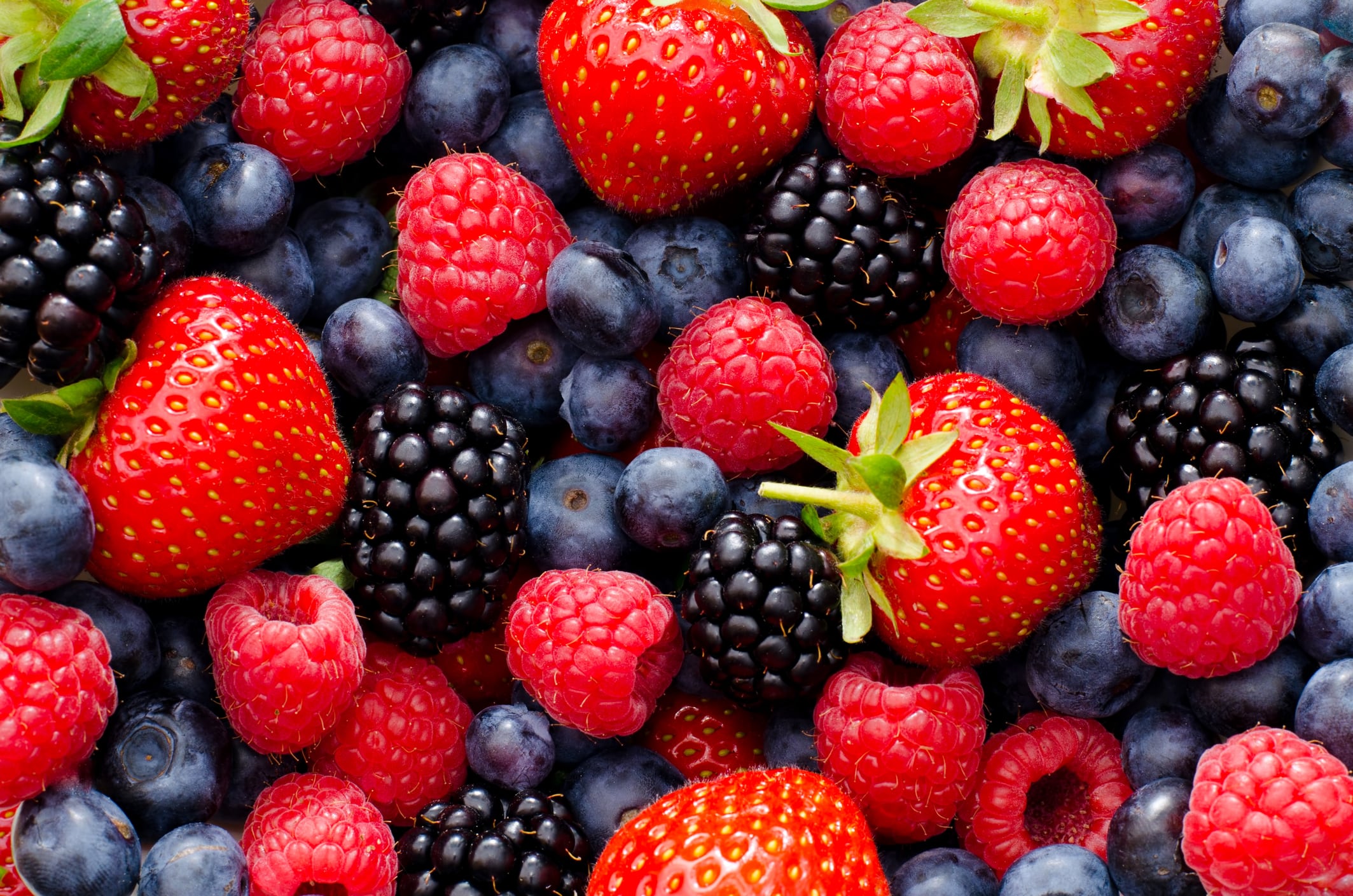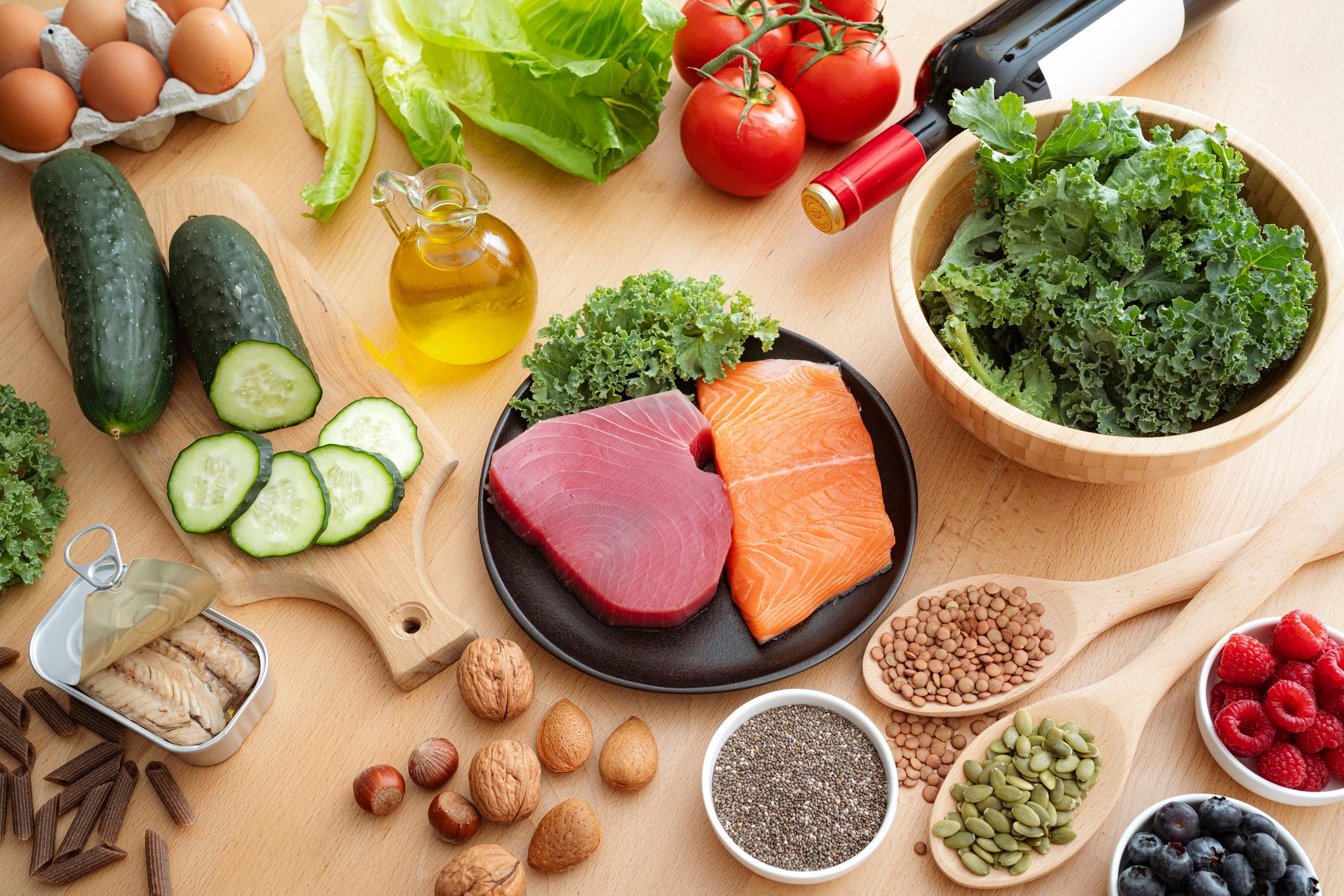The wellness industry and the food industry are intrinsically linked. And that link is getting stronger.
Health-conscious consumers are seeking foods to aid weight loss, build strength, support gut-health, and the list goes on.
In fact, such is its power, that analysts at Grand View Research put its value at $858.8bn (€736.08bn), with a projected CAGR of 9.4%. That means that if market growth continues as predicted, and there are no indications to say it won’t, it’ll hit a whopping $1.59tn by the end of this decade.
Taking a closer look at the market, we find that several categories are proving particularly dominant. One of those is cognitive health.
“Consumer demand for functional foods and beverages that support brain health is growing globally,” says a spokesperson for Grand View Research.
The global brain health functional food and beverage market is currently sitting at $18.1bn and is projected to reach $40.3bn by 2030 - its 10.5% CAGR showing faster growth than the category overall.
So what foods are shoppers searching for when it comes to cognitive health? Or to put it another way, which categories are likely to see sales soaring over the next five years?
Foods to boost brain function

Red meat
Red meats, including beef, pork, lamb, and goat, are among the richest natural sources of creatine, a compound vital for energy production in both muscle and brain cells. Just a modest serving of red meat can deliver a substantial amount of creatine, helping to meet daily requirements without the need for supplementation. This makes red meat a particularly efficient dietary choice for individuals looking to enhance both physical performance and cognitive function.
“Red meat is one of the most efficient ways to support both muscle strength and brain energy,” says Kyle Crowley, lead nutritionist at protein brand, Protein Works.
Creatine plays a central role in ATP synthesis, which fuels muscular contractions and neural activity. By naturally boosting creatine levels, red meat helps improve endurance, strength, and mental clarity, especially in demanding physical or cognitive tasks.
In addition to creatine, red meat also provides other brain-supporting nutrients, such as vitamin B12, iron, and zinc, which contribute to oxygen transport, neurotransmitter synthesis, and overall neurological health.

Oily fish
Oily fish, such as herring, trout, salmon, sardines, and mackerel, are nutritional powerhouses, particularly when it comes to supporting brain health. They’re naturally rich in creatine, a compound that plays a key role in cellular energy production, especially in high-demand organs like the brain. Creatine helps fuel cognitive processes, including memory and mental clarity, by ensuring neurons have the energy they need to function efficiently.
Added to this, oily fish are abundant in omega-3 fatty acids, particularly EPA (eicosapentaenoic acid) and DHA (docosahexaenoic acid). DHA is a major structural component of the brain and retina, and it’s essential for maintaining the integrity of neuronal membranes. EPA, meanwhile, has anti-inflammatory properties that may help protect the brain from age-related decline and mood disorders.
“This combination makes it a double win for cognitive health,” says Protein Works’ Crowley.

Leafy greens
Leafy greens, like spinach, kale, and rocket, are widely recognised as brain-boosting foods, thanks to their dense concentration of essential nutrients.
They’re rich in vitamin B9 (folate), which plays a crucial role in neurotransmitter synthesis and DNA repair, both of which are vital for maintaining cognitive function. Vitamin K, another key nutrient found in leafy greens, has been linked to better memory performance and may help protect against neurodegenerative diseases.
What’s more, leafy greens are packed with antioxidants, which help combat oxidative stress, a major contributor to age-related cognitive decline. One standout antioxidant is lutein, a carotenoid that accumulates in the brain and has been associated with improved memory, processing speed, and visual cognition.

Nuts & seeds
Nuts and seeds, including almonds, walnuts, flaxseeds, chia seeds, and sunflower seeds, are excellent for brain health, due to their rich nutritional profile. They contain omega-3 fatty acids, particularly ALA (alpha-linolenic acid), which support the structure of brain cell membranes and promote healthy communication between neurons.
While marine sources of omega-3s like DHA and EPA are more bioavailable, plant-based ALA still contributes meaningfully to cognitive function, especially in plant-forward diets.
These foods are also packed with antioxidants, which help neutralise free radicals and reduce oxidative stress, a key factor in age-related cognitive decline and neurodegenerative diseases. Vitamin E, found abundantly in nuts like almonds and hazelnuts, is a powerful antioxidant that protects brain cells from damage and supports long-term cognitive resilience. Meanwhile, B vitamins, such as B6, B9 (folate), and B12, play essential roles in neurotransmitter synthesis, energy metabolism, and the regulation of homocysteine levels, which, when elevated, are linked to increased risk of dementia.

Berries
Berries, such as blueberries, strawberries, raspberries, and blackberries, are among the most potent brain-supporting fruits, thanks to their high concentration of antioxidants, particularly anthocyanins. These naturally occurring compounds give berries their vibrant colours and are known for their ability to reduce inflammation and combat oxidative stress, both of which are major contributors to cognitive decline and neurodegenerative diseases.
Anthocyanins and other polyphenols in berries help protect brain cells from damage caused by free radicals, while also promoting neuroplasticity, the brain’s ability to form new neural connections. This is essential for learning, memory formation, and adapting to new information or experiences.
In addition to anthocyanins, berries contain vitamin C, fibre, and other micronutrients that support vascular health, which is closely tied to brain function. Improved blood flow ensures that the brain receives adequate oxygen and nutrients, further enhancing mental performance and resilience.

Food & beverage opportunities
As the connection between nutrition and cognitive health becomes clearer, consumers are increasingly turning to functional foods to support mental performance and long-term brain resilience.
For brands and manufacturers, this presents a golden opportunity to meet consumers where they are - seeking smarter, more purposeful nutrition - and to lead with products that deliver both flavour and function.
With the brain health functional food and beverage market growing faster than the broader wellness category, the message is clear - cognitive health is no longer a niche concern, but a mainstream priority.





